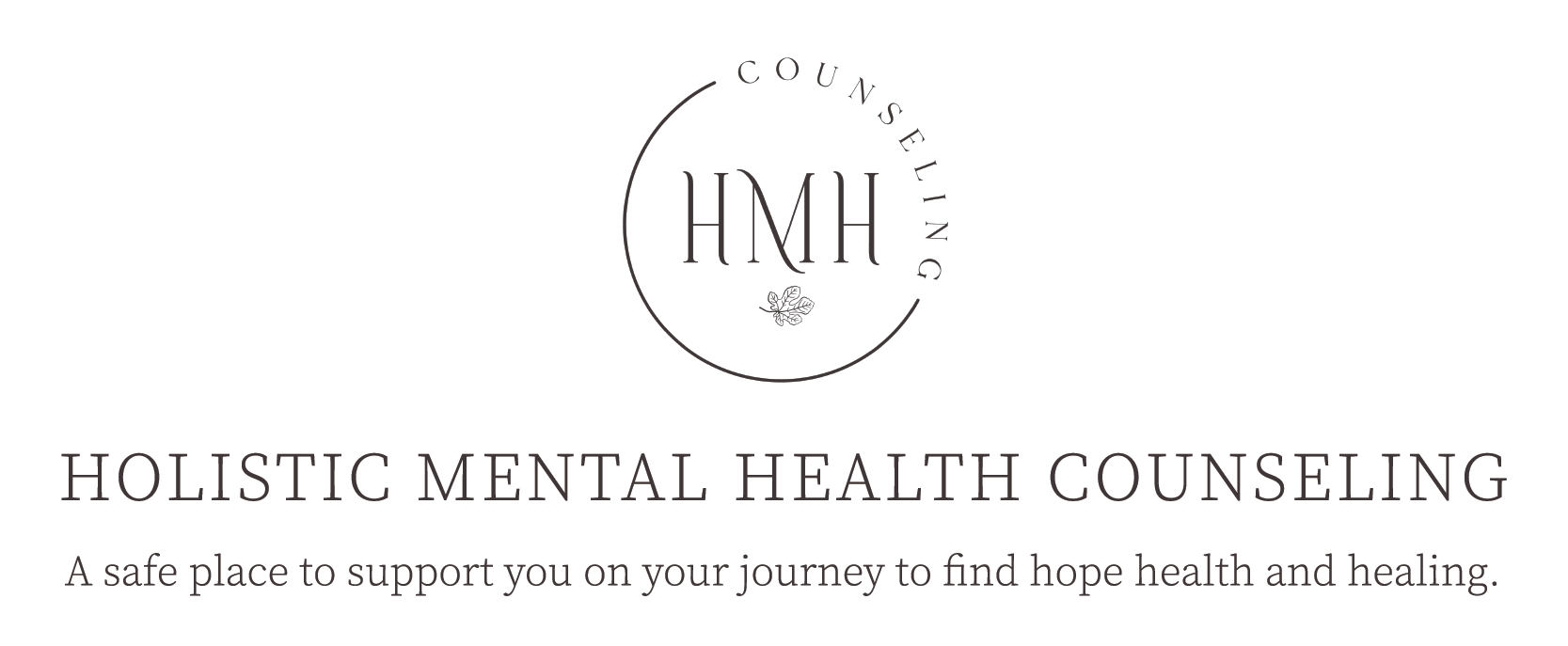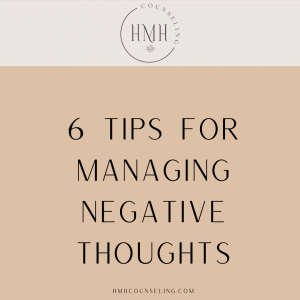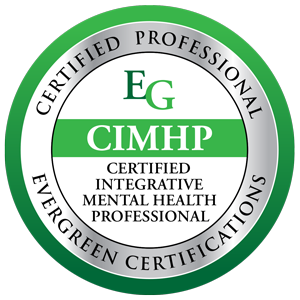June 18 • Written by: Jennifer Sierra, LMHC
Feeling stressed or overwhelmed from time to time is a normal part of life. However, when these feelings become persistent and interfere with daily activities, it may be a sign of an anxiety disorder. Anxiety disorders can manifest in various ways, each affecting individuals differently.
Symptoms of Anxiety Disorders
Anxiety disorders are characterized by a range of symptoms that can include:
- Restlessness
- Tension
- Nervousness
- Intense fear or worry
- Increased heart rate
- Rapid breathing
- Sweating
- Shaking or trembling
- Fatigue or weakness
- Difficulty concentrating
- Insomnia or other sleep difficulties
- Gastrointestinal issues
- Frequent worry and rumination
- Avoidance behaviors
These symptoms can significantly impact daily life, making it difficult to function normally.
Types of Anxiety Disorders
- Generalized Anxiety Disorder (GAD): Excessive worry about multiple aspects of life, often disproportionate to the actual situation.
- Panic Disorder: Sudden and recurring panic attacks characterized by intense physical symptoms such as shortness of breath and chest pain.
- Social Anxiety Disorder: Fear of social situations and being negatively judged or evaluated by others.
- Specific Phobias: Intense fear of specific objects or situations, such as heights or flying.
- Separation Anxiety Disorder: Excessive fear or anxiety about separation from loved ones.
- Selective Mutism: Inability to speak in certain situations despite the ability to speak in others.
Anxiety Disorder Due to a Medical Condition
In some cases, anxiety can arise from an underlying medical condition. Medical conditions that can cause anxiety symptoms include heart disease, diabetes, hyperthyroidism, respiratory disorders, chronic pain, irritable bowel syndrome, rare tumors, and medication side effects.
Causes and Risk Factors
Anxiety disorders can stem from a combination of genetic, environmental, and psychological factors. They may also be triggered or exacerbated by stressful life events.
Seeking Help
It’s crucial to seek help if anxiety symptoms are disrupting your life. Consider professional help if:
- Anxiety affects your work, relationships, or daily activities.
- You’re using substances to cope with anxiety.
- You suspect a medical condition may be contributing to your symptoms.
- You have thoughts of harming yourself or others. Seek emergency care immediately.
Treatment Options
Effective treatments for anxiety disorders include:
- Therapy: Therapy focuses on thoughts, feelings, and current issues impacting your mood and behavior. Techniques such as cognitive behavioral therapy (CBT) and psychodynamic therapy can help you develop coping strategies and find solutions.
- Our Approach: At HMH Counseling, we prioritize building a supportive therapist-client relationship. We utilize evidence-based methods including mindfulness and a holistic approach to address your unique needs, promoting mental, physical, and emotional well-being.
Get Help
If you or someone you know is in crisis, reach out:
- Call the National Suicide Prevention Lifeline at 1-800-273-TALK (8255).
- Text “Home” to 741741 for 24/7 crisis support via the Crisis Text Line.
- Contact your mental health provider or physician immediately.
Conclusion
Living with an anxiety disorder can be challenging, but effective treatment and support are available. At HMH Counseling, we specialize in helping individuals manage and overcome anxiety through tailored treatment. Whether you’re dealing with generalized anxiety, panic attacks, or social anxiety, my approach is here to support you every step of the way.
I focus on building a trusting therapeutic relationship to help you manage anxiety symptoms effectively. Through evidence-based techniques like cognitive behavioral therapy (CBT) and mindfulness, I empower you to regain control and find peace in your daily life.
If anxiety is impacting your well-being, don’t hesitate to reach out. Together, we can work towards a brighter, anxiety-free future. Contact Jennifer Sierra, LMHC today to take the first step towards healing.
Visit www.hmhcounseling.com/services/ to learn more about how we can support your mental health journey.
Disclaimer: The content provided on this blog is for informational purposes only and is not intended to serve as professional advice, diagnosis, or treatment. The information shared is based on our understanding and interpretation of various mental health topics. It is important to recognize the complexity of mental health issues, and the advice provided here may not address the specific needs of every reader. The content on this blog should not be considered a substitute for professional advice from a qualified mental health professional. Always seek the advice of a licensed therapist or other qualified mental health provider with any questions or concerns you may have regarding your mental health or well-being.






